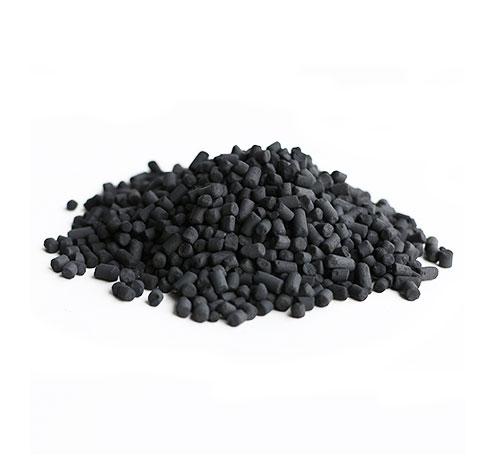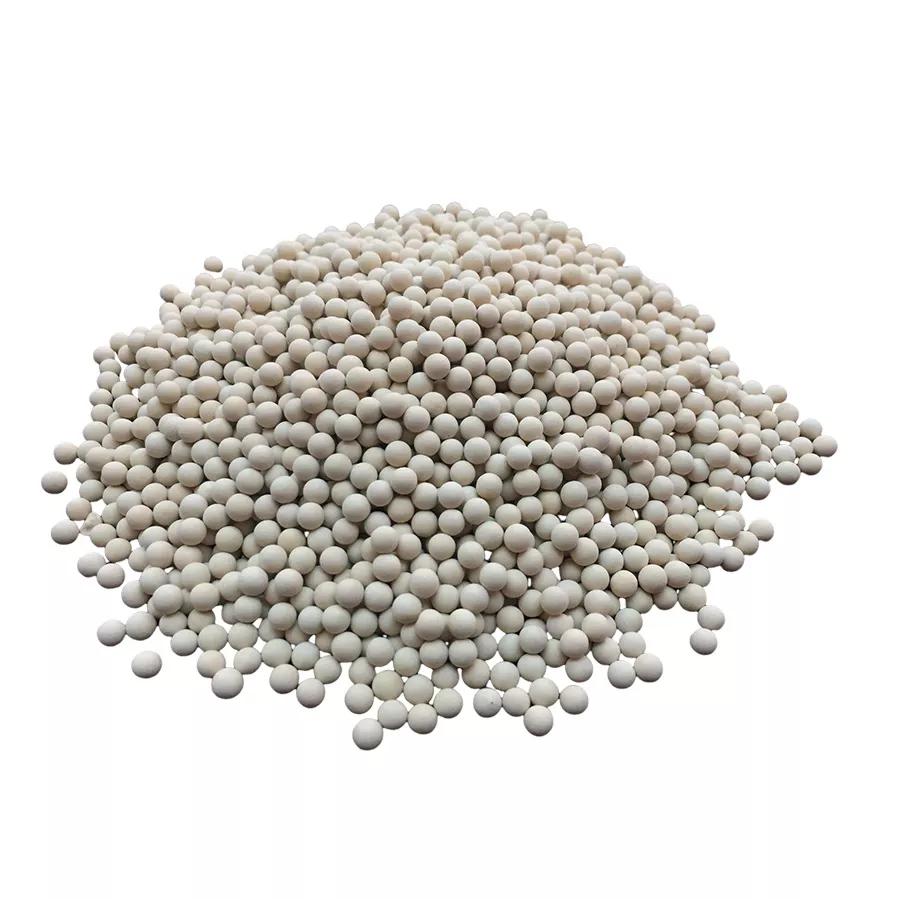When managing poisonings in dogs, activated charcoal for dogs is often a go-to solution. Known for its ability to trap harmful substances, activated carbon for dogs can prevent toxins from being absorbed into the bloodstream.
However, understanding the correct activated charcoal dose for dogs is essential to ensuring the treatment works effectively and safely. Understanding the appropriate moments and methods for its use can significantly enhance your ability to safeguard your pet.
Contents
What Is Activated Charcoal and How Does It Work?
Activated charcoal is an extremely porous substance that has been treated to capture toxins and chemicals within its tiny pores. When administered to dogs, it binds harmful substances in their stomach and intestines, preventing them from being absorbed into the bloodstream. This makes it an essential remedy in cases of poisoning or accidental ingestion of harmful materials.
Why Use Activated Carbon for Dogs?
Dogs are naturally curious, sometimes leading to them eating things they shouldn't. Common culprits include:
- Toxic Foods: Chocolate, grapes, onions, and xylitol.
- Medications: Ibuprofen, acetaminophen, and other human drugs.
- Chemicals: Cleaning products, pesticides, or antifreeze.
In such cases, activated carbon for dogs can mitigate the effects of toxins and reduce the risk of severe complications.
Activated Charcoal Dose for Dogs
The proper dosage is crucial for the effectiveness of activated charcoal. While exact amounts vary depending on your dog's size, the toxin, and its severity, here are general guidelines:
- Standard Dose: 1–3 grams of activated charcoal per kilogram of body weight.
- Severe Cases: Higher doses or repeated treatments every 4–6 hours may be necessary under veterinary supervision.
Example Calculation for a 20 kg Dog:
- Standard Dose: 20–60 grams of activated charcoal.
Activated charcoal is usually given as a slurry mixed with water, ensuring easy ingestion. Always consult a veterinarian before administering it to determine the correct amount and frequency.
When and How to Administer Activated Charcoal for Dogs
When to Use It:
- Immediate Action: Activated charcoal is most effective within 1–2 hours of toxin ingestion.
- Vet Consultation: Some toxins, like heavy metals or alcohol, aren't effectively treated with activated charcoal, so consult your vet before use.
How to Use It:
- Prepare the Slurry: Combine the suggested amount of activated charcoal powder with water until you achieve a paste-like texture.
- Administer Orally: Use a syringe to gently place the mixture into the side of your dog's mouth.
- Observe Your Dog: Monitor for side effects like vomiting or lethargy, and provide plenty of fresh water.
Common Questions About Activated Charcoal for Dogs
1. Is activated charcoal safe for all dogs?
While generally safe, not all dogs should receive activated charcoal. Dogs with the following conditions should avoid it unless directed by a vet:
- Dehydration.
- Gastrointestinal blockages.
- Pre-existing medical issues like liver or kidney disease.
2. What are the side effects of activated charcoal?
Possible side effects include:
- Constipation or black stools.
- Dehydration (ensure your dog drinks plenty of water).
- Vomiting or diarrhea (in rare cases).
3. Can I give my dog human-grade activated charcoal?
Yes, but veterinary-grade activated charcoal is often explicitly formulated for pets and may be easier to administer. Always check with your vet before using any over-the-counter products.
4. What toxins can't activated charcoal treat?
Activated charcoal does not bind effectively to:
- Alcohol.
- Xylitol (a common sweetener).
- Heavy metals like lead or mercury.
- Corrosive substances like bleach or lye.
Pro Tips for Using Activated Charcoal for Dogs
- Keep It Handy: Add activated charcoal to your pet's emergency first aid kit.
- Be Prepared: Familiarize yourself with the appropriate activated charcoal dose for dogs based on weight.
- Act Quickly: Administer it immediately after toxin ingestion, but always consult your veterinarian first.
Conclusion:
Activated charcoal for dogs is a valuable tool for poisoning or ingesting harmful substances. Administering the right activated carbon for dogs and the appropriate activated charcoal dose ensures the remedy works as intended. Always consult your veterinarian to determine the best action for your pet's needs, as proper use is key to successful treatment. With the right preparation, you can be confident in handling any emergency.
Note: Please be aware that this article is for informational purposes only and is not a substitute for professional veterinary advice. It is important to consult with a veterinarian to meet the specific needs of your dog.



